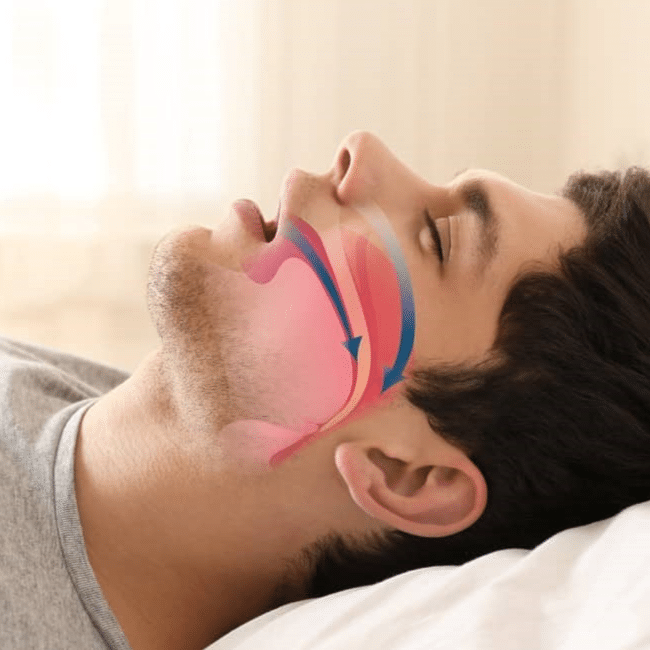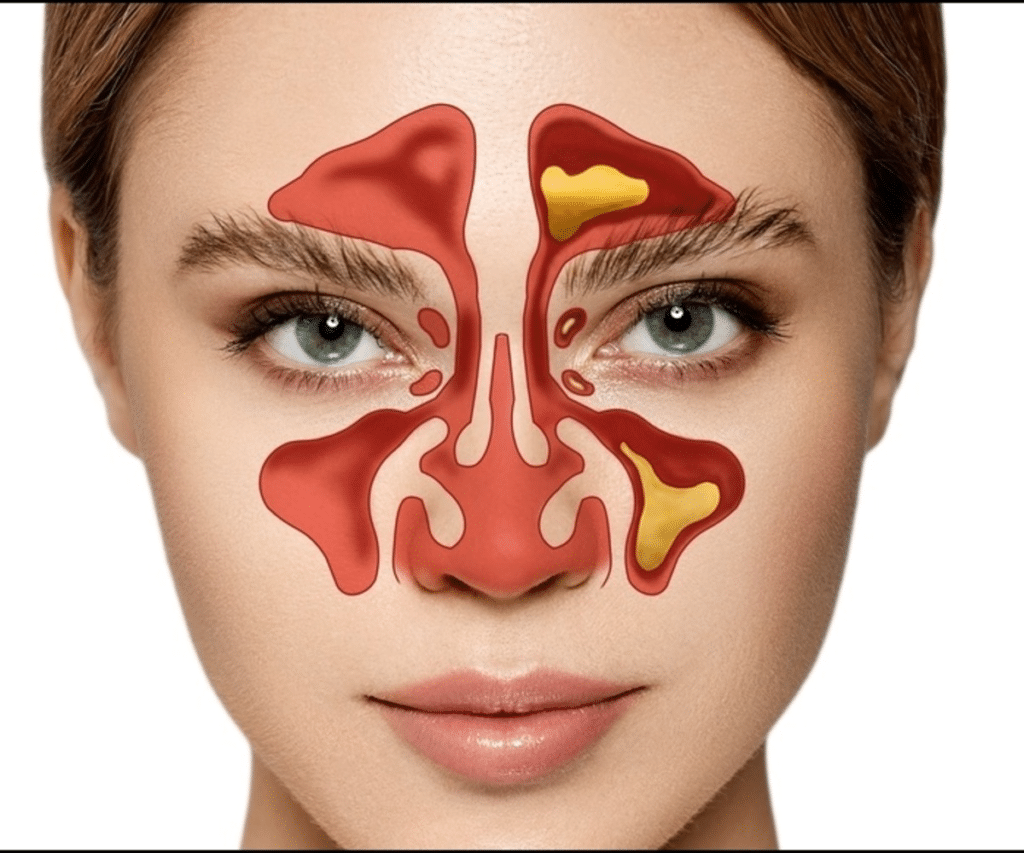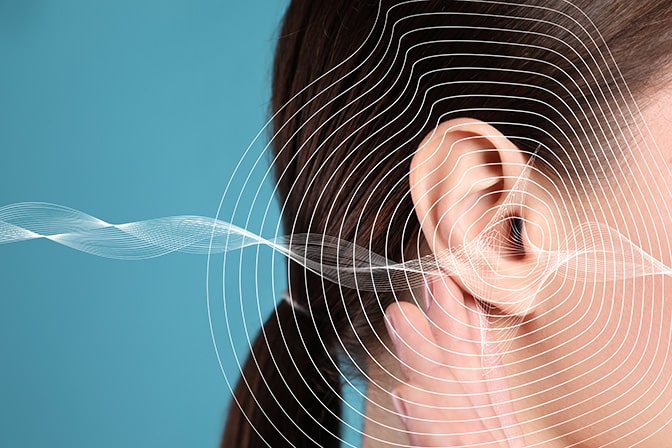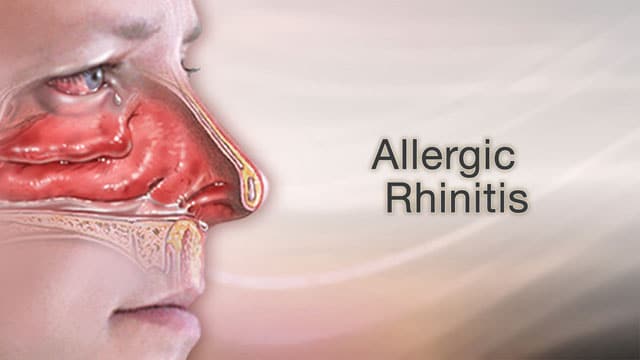Managing Chronic Rhinitis: Causes, Symptoms, and Treatment Options
Chronic rhinitis is a condition characterized by persistent inflammation of the nasal mucous membrane, leading to a range of uncomfortable symptoms. This condition can be divided into two main types: allergic and non-allergic rhinitis. Understanding these types, their causes, symptoms, and treatment options is crucial for effective management.
Types of Rhinitis
- Allergic Rhinitis:
- Cause: Allergic rhinitis occurs when the immune system overreacts to allergens such as pollen, dust mites, pet dander, or mold. This reaction leads to the release of histamines and other chemicals that cause inflammation.
- Symptoms: Common symptoms include sneezing, nasal congestion, runny nose, itchy nose, throat, and eyes, and postnasal drip.
- Triggers: Exposure to allergens, changes in weather, strong odors, and irritants like smoke.
- Non-Allergic Rhinitis:
- Cause: This type of rhinitis is not caused by allergens but by other factors such as environmental irritants, infections, medications, or underlying health conditions.
- Symptoms: Symptoms are similar to allergic rhinitis but without the itching. They include nasal congestion, runny nose, postnasal drip, and sneezing.
- Triggers: Pollution, strong smells, changes in weather, hormonal changes, certain foods, and alcohol.
Symptoms of Chronic Rhinitis
Chronic rhinitis can significantly impact quality of life due to its persistent nature. Common symptoms include:
- Nasal congestion and obstruction
- Frequent sneezing
- Runny nose (rhinorrhea)
- Postnasal drip (mucus running down the back of the throat)
- Reduced sense of smell
- Itchy or watery eyes (in allergic rhinitis)
- Coughing and throat clearing
Treatment Options
Managing chronic rhinitis requires a comprehensive approach that includes identifying and avoiding triggers, medication, and lifestyle modifications.
- Medications:
- Antihistamines: These can help reduce sneezing, itching, and runny nose in allergic rhinitis. They are available over-the-counter or by prescription.
- Nasal Corticosteroids: These sprays reduce inflammation in the nasal passages and are effective for both allergic and non-allergic rhinitis.
- Decongestants: Available as pills, liquids, or nasal sprays, decongestants can help relieve nasal congestion. However, they should not be used for more than a few days to avoid rebound congestion.
- Leukotriene Modifiers: These prescription medications block the action of leukotrienes, chemicals involved in allergic reactions.
- Anticholinergic Nasal Sprays: These can reduce runny nose by blocking certain nerve impulses.
- Lifestyle Changes and Home Remedies:
- Avoid Triggers: Identify and minimize exposure to allergens or irritants. Use air purifiers, maintain clean living environments, and avoid smoke or strong odors.
- Nasal Irrigation: Using a saline solution to rinse the nasal passages can help clear mucus and reduce nasal congestion.
- Hydration: Drinking plenty of fluids can help thin mucus and reduce congestion.
- Humidifiers: Using a humidifier can add moisture to the air, which can help reduce nasal irritation, especially in dry environments.
- Advanced Treatments:
- Immunotherapy: For severe allergic rhinitis, allergen immunotherapy (allergy shots or sublingual tablets) can help desensitize the immune system to specific allergens over time.
- Surgical Options: In cases where medications and other treatments do not provide relief, surgical procedures such as turbinate reduction or septoplasty may be considered to improve nasal airflow.
Chronic rhinitis can be a challenging condition to manage, but with the right approach and guidance from an experienced ENT specialist, it is possible to significantly reduce symptoms and improve quality of life.
For expert care and personalized treatment plans, contact Dr. Shalina Ray, the best ENT specialist in Bangalore. Dr. Shalina Ray offers comprehensive diagnosis and treatment options tailored to your specific needs, ensuring you receive the best possible care.

















